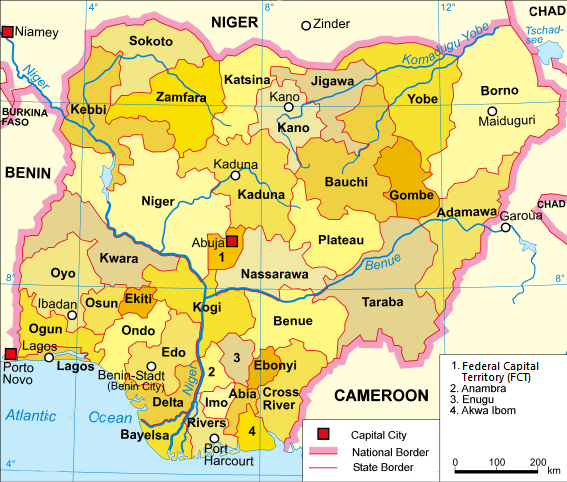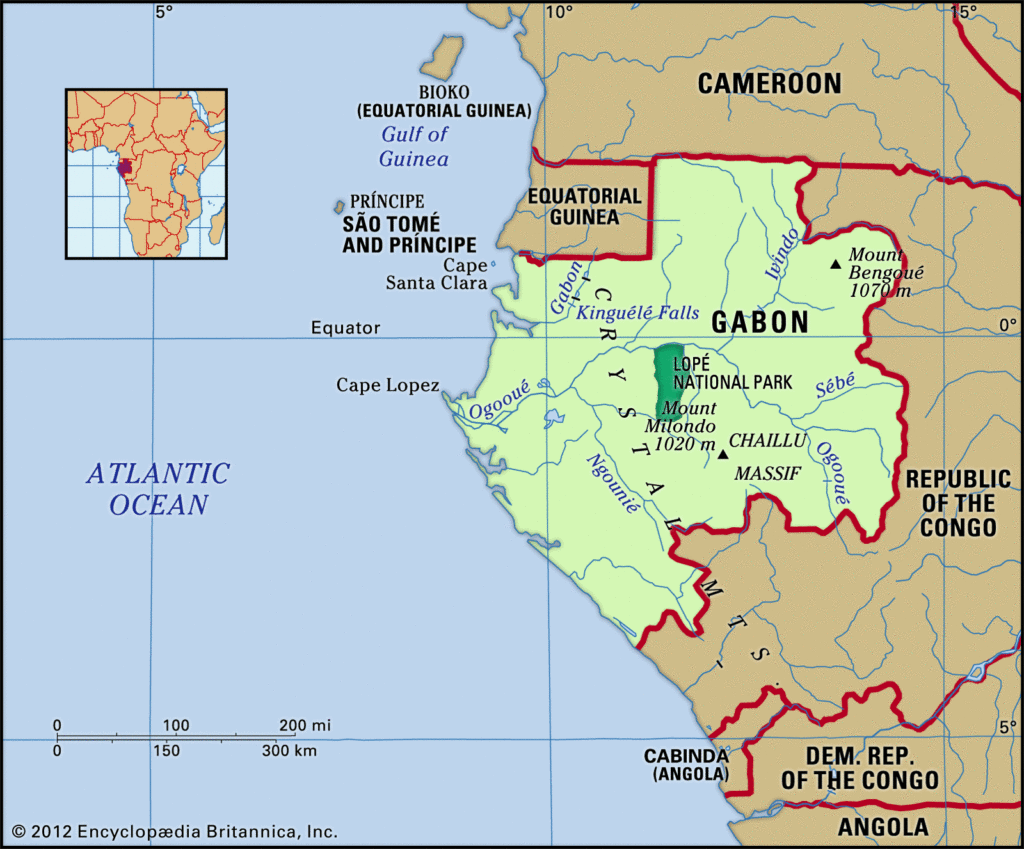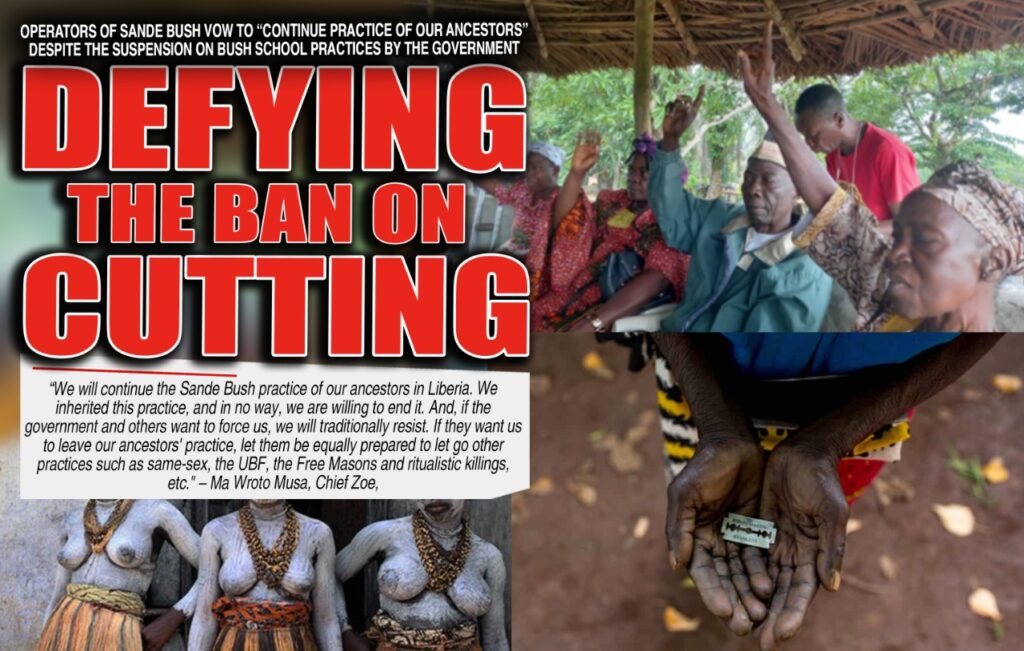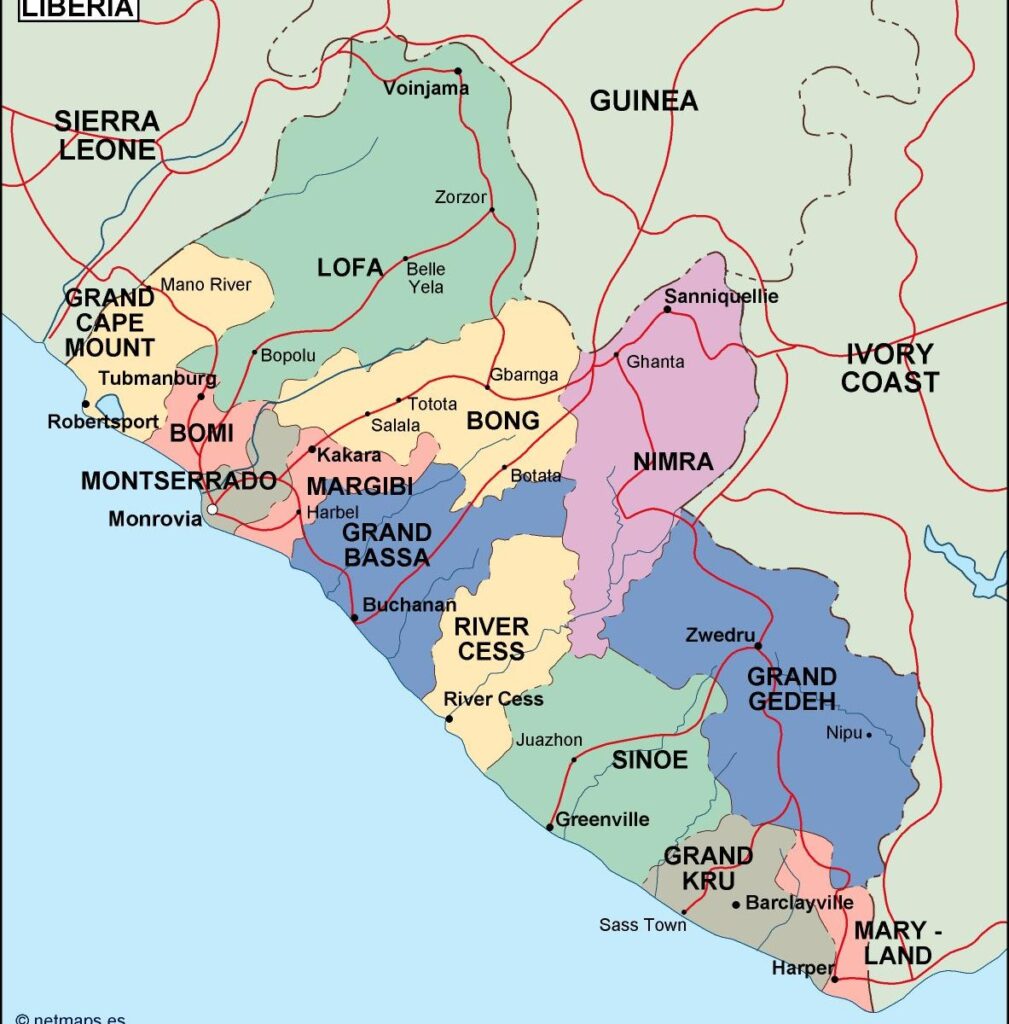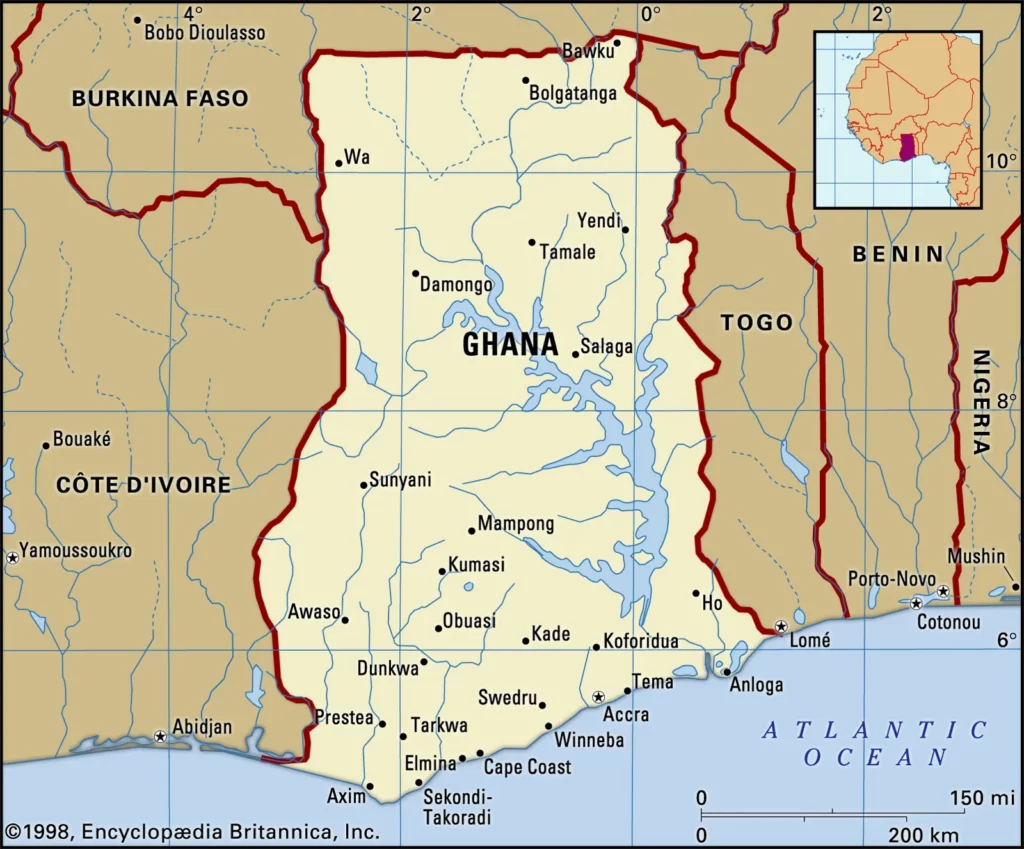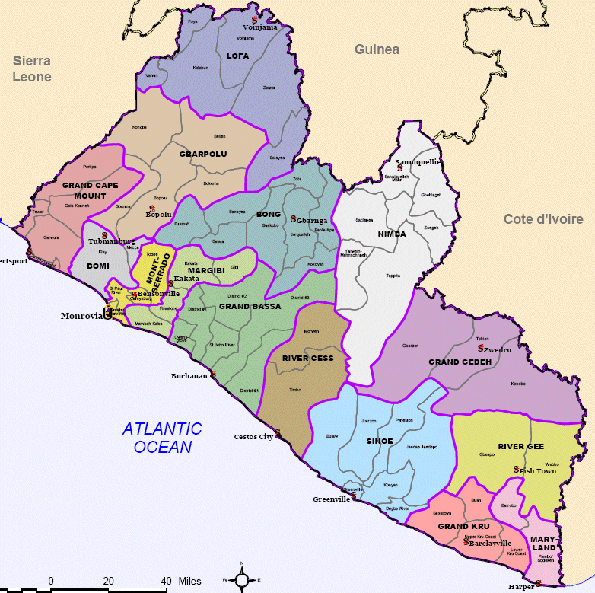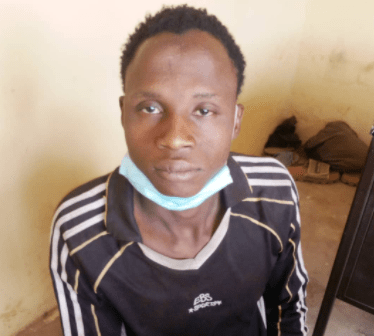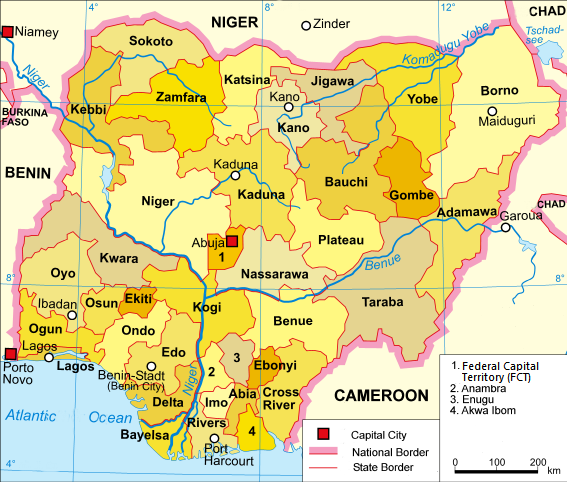Last months a 20-year old University of Port Harcourt student, Justina Nkang, was murdered by her lover. Allegedly, Damien Okoligwe, also an undergraduate student of the same university, killed her for ritualistic purposes. Justina was another victim of superstition, greed and selfishness which forms the main ingredients of ritualistic activities and murders.
(webmaster FVDK).
House of Representatives Seeks End To Ritual Killings Of Young Girls
The House of Representatives on Wednesday called on the Inspector General of Police to address the dangerous trend of killings of young girls for ritual…

Published: November 2, 2023
By: Itodo D. Sule – Daily Trust, Nigeria
The House of Representatives on Wednesday called on the Inspector General of Police to address the dangerous trend of killings of young girls for ritual purposes in the country.
The House also called on the Inspector General of Police to set up a crack team to conduct a holistic investigation with the sole aim of unmasking the cartels behind the killings and bringing them to justice. This followed the adoption of a motion of matter of urgent public importance moved by Rep Awaji-Inombek D. Abiante at plenary.
Abiante while moving his motion decried the recent wave and sustained killings of young girls who are mostly undergraduates by their supposed boyfriends for ritual purposes.
He particularly noted with dismay, the recent murder of a 20-year-old Miss Justina Otuene, an undergraduate student of the Department of Biochemistry, University of Port Harcourt by one Damian Okoligwe who is also an undergraduate student of the same university last week.
Abiante also made reference to the murder of Augusta Osedion, a final year student of Lead City University in July 2023 by her boyfriend, Benjamin Best who goes by the nickname, killaboi in Lagos.
He equally recalled the murder of Miss Oghenefejiro Ochuko, a final year student of Ambrose Ali University who was killed in August 2023 by her boyfriend, Victor Ochonogor in Benin, and several other unreported cases.
He expressed worries that the killings have almost become a daily occurrence with several other reported cases of missing females with their whereabouts still unknown.
Abiante lamented the rising cases of missing victims who are often found dead with vital parts of their bodies missing without traces of the perpetrators.
He said young girls have become endangered species, hence, the urgent need to curb the trend.
Source: Reps Seek End To Ritual Killings Of Young Girls
More:
Lawmakers call on IGP to end ritual killings of young girls

Published: November 2, 2023
By: John Chukwu – RipplesNigeria
The House of Representatives has appealed to the Inspector General of Police, Kayode Egbetokun, to, as a matter of urgency, exert effort in addressing the spate of killing of young girls for ritual purposes.
The appeal was sequel to the adoption of a motion on a matter of urgent public importance moved by the lawmaker representing Adoni/Opobo/Nkoro Federal Constituency, Rivers State, Awaji-Inombek Abiante.
In his lead debate, Abiante stated that recent wave of killing of young girls, especially undergraduates by supposed boyfriends for ritual purposes remains an ugly trend that should be stopped.
He made reference to the recent murder of Justina Otuene, a 20-year-old undergraduate in the Department of Biochemistry, University of Port Harcourt, by Damian Okoligwe of the same university.
Abiante also narrated the murder of Augusta Osedion, “a final year student of Lead City University in July 2023 by her boyfriend, Benjamin Best, who goes by the nickname Killaboi in Lagos; the murder of Miss Oghenefejiro Ochuko, a final year student of Ambrose Alli University, who was equally killed in August 2023 by her boyfriend; Victor Ochonogor in Benin and several other unreported cases.
“These killings take similar patterns of dismembering the bodies of the victims whereby their vital organs are removed and that the perpetrators of these heinous crimes are young boys who might not be working alone but with strong cartels.”
The Hosue, hence, also called on Egbetokun “to set up a crack team to conduct a holistic investigation with the sole aim of unmasking the cartels behind these killings and bring them to justice.”
Source: Lawmakers call on IGP to end ritual killings of young girls
More:
House Urges IG to Constitute Crack Team to Unmask Cartel Behind Ritual Killings

Published: November 1, 2023
By: Adedayo Akinwale, Abuja – This Day, Nigeria
The House of Representatives yesterday called on the Inspector General of Police to set up a crack team to unmask and prosecute the cartels behind ritual killings across the nation.
The resolution of the House followed the adoption of a matter of urgent public importance moved under Order 8 Rule 4 on the need to curb the dangerous trend in the killing of young girls for ritual purposes in Nigeria.
Moving the motion at the plenary, Hon. Awaji-Inombek Abiante, decried the recent wave and sustained killings of young girls who are mostly undergraduates by their supposed boyfriends, for ritual purposes.
The lawmaker expressed dismay at the recent murder of 20-year-old Miss Justina Otuene, an undergraduate of the Department of Biochemistry, University of Port Harcourt by Damian Okoligwe, a student of the same university.
Abiante also recalled the murder of Augusta Osedion, a final year student of Lead City University in July, 2023 by her boyfriend, Benjamin Best who goes by the nickname killaboi in Lagos.
He also cited the murder of Miss Oghenefejiro Ochuko, a final year student of Ambrose Ali University who was equally killed in August, 2023 by her boyfriend, Victor Ochonogor in Benin.
He expressed worry that the killings had almost become a daily occurrence with several other reported cases of missing females with their whereabouts still unknown.
The lawmaker further expressed worry that few of the reported missing victims were often found dead without traces of the perpetrators.
Abiante stressed that the killings take similar patterns of dismembering the bodies of the victims and removal of their vital organs.
He added that the perpetrators of the heinous crimes were young boys who might not be working alone but with strong cartels, while lamenting that young girls have become endangered species.
The lawmaker stressed the need to protect young girls and indeed every Nigerian as enshrined in section 14(2)(b) of the 1999 Constitution of the Federal Republic of Nigeria (as amended).
The House, therefore, called on “the Inspector General of police to set up a crack team to conduct a holistic investigation with the sole aim of unmasking the cartels behind these killings and bringing them to justice.”
Source: House Urges IG to Constitute Crack Team to Unmask Cartel Behind Ritual Killings
More:
Reps urge IGP to take urgent steps to address cases of ritual killings
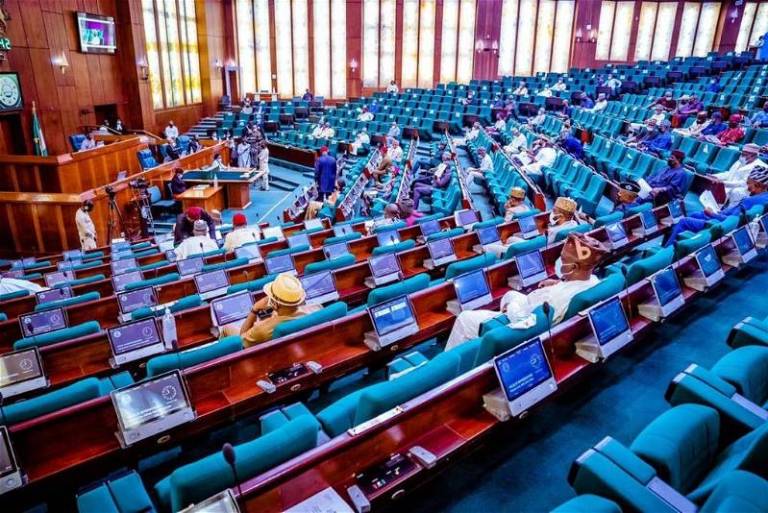
Published: November 2, 2023
By: Ifeanyi Nwokocha – Lagos Post, Nigeria
The House of Representatives, on Wednesday, called on the Inspector General of Police, Kayode Egbetokun, to take urgent steps to address cases of killing of young girls in Nigeria for ritual purposes.
This followed the adoption of a motion on a matter of urgent public importance moved by the lawmaker representing Adoni/Opobo/Nkoro Federal Constituency, Rivers State, Mr Awaji-Inombek Abiante.
Leading the debate, Abiante said the recent wave and sustained killings of young girls who are mostly undergraduates by their supposed boyfriends for ritual purposes could not be allowed to continue.
He recalled the recent murder of 20-year-old Justina Otuene, an undergraduate in the Department of Biochemistry, University of Port Harcourt, by Damian Okoligwe of the same university.
He also recalled the murder of Augusta Osedion, “a final year student of Lead City University in July 2023 by her boyfriend, Benjamin Best, who goes by the nickname Killaboi in Lagos; the murder of Miss Oghenefejiro Ochuko, a final year student of Ambrose Alli University, who was equally killed in August 2023 by her boyfriend; Victor Ochonogor in Benin and several other unreported cases.”
He said it was disturbing that “these killings take similar patterns of dismembering the bodies of the victims whereby their vital organs are removed and that the perpetrators of these heinous crimes are young boys who might not be working alone but with strong cartels.”
The House called on the Inspector General of police “to set up a crack team to conduct a holistic investigation with the sole aim of unmasking the cartels behind these killings and bring them to justice.”
Source: Reps urge IGP to take urgent steps to address cases of ritual killings
And:
Reps ask IGP to end menace, bring perpetrators to book
Published by: November 2, 2023
By: YouTube

Source: You Tube: Reps ask IGP to end menace, bring perpetrators to book
